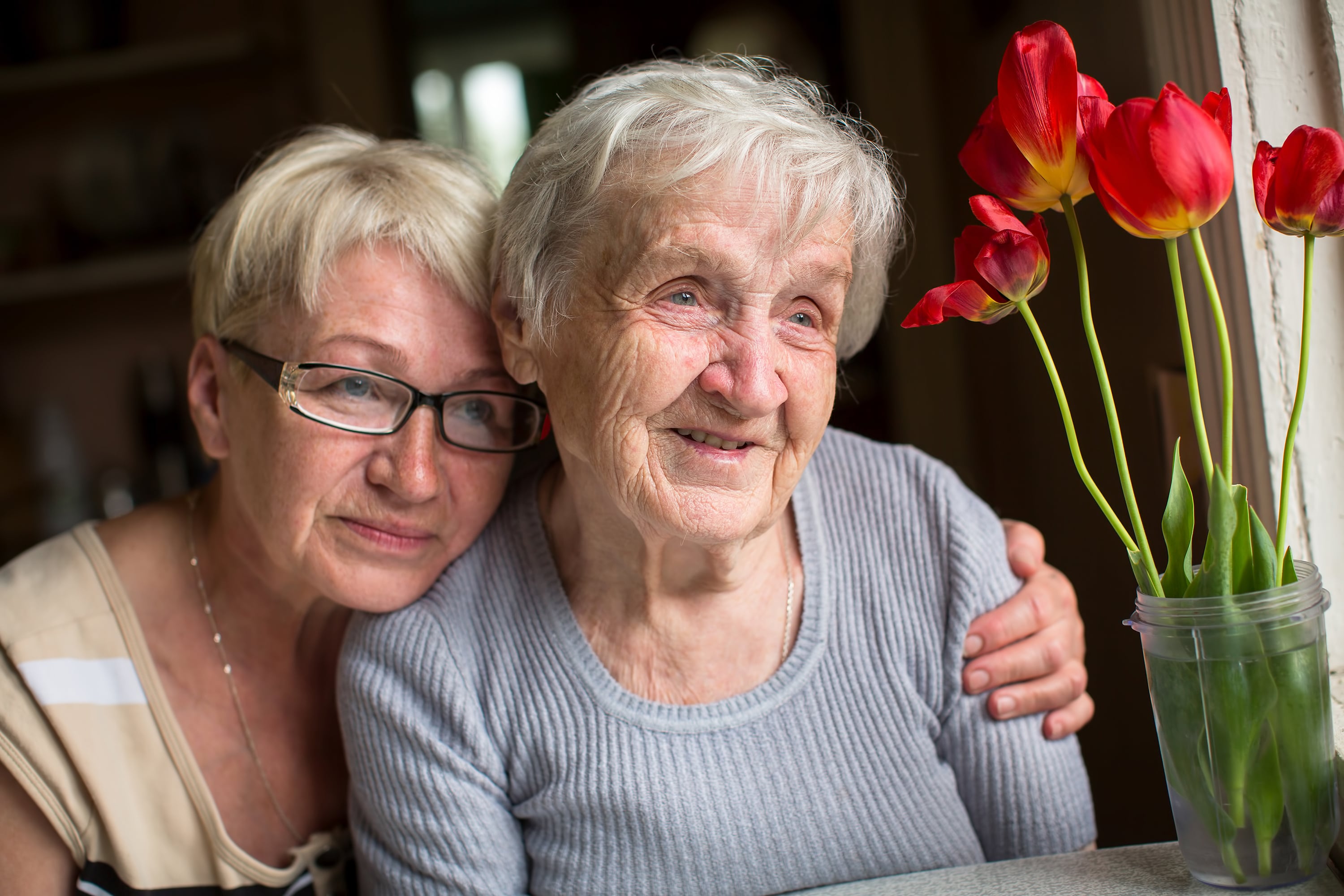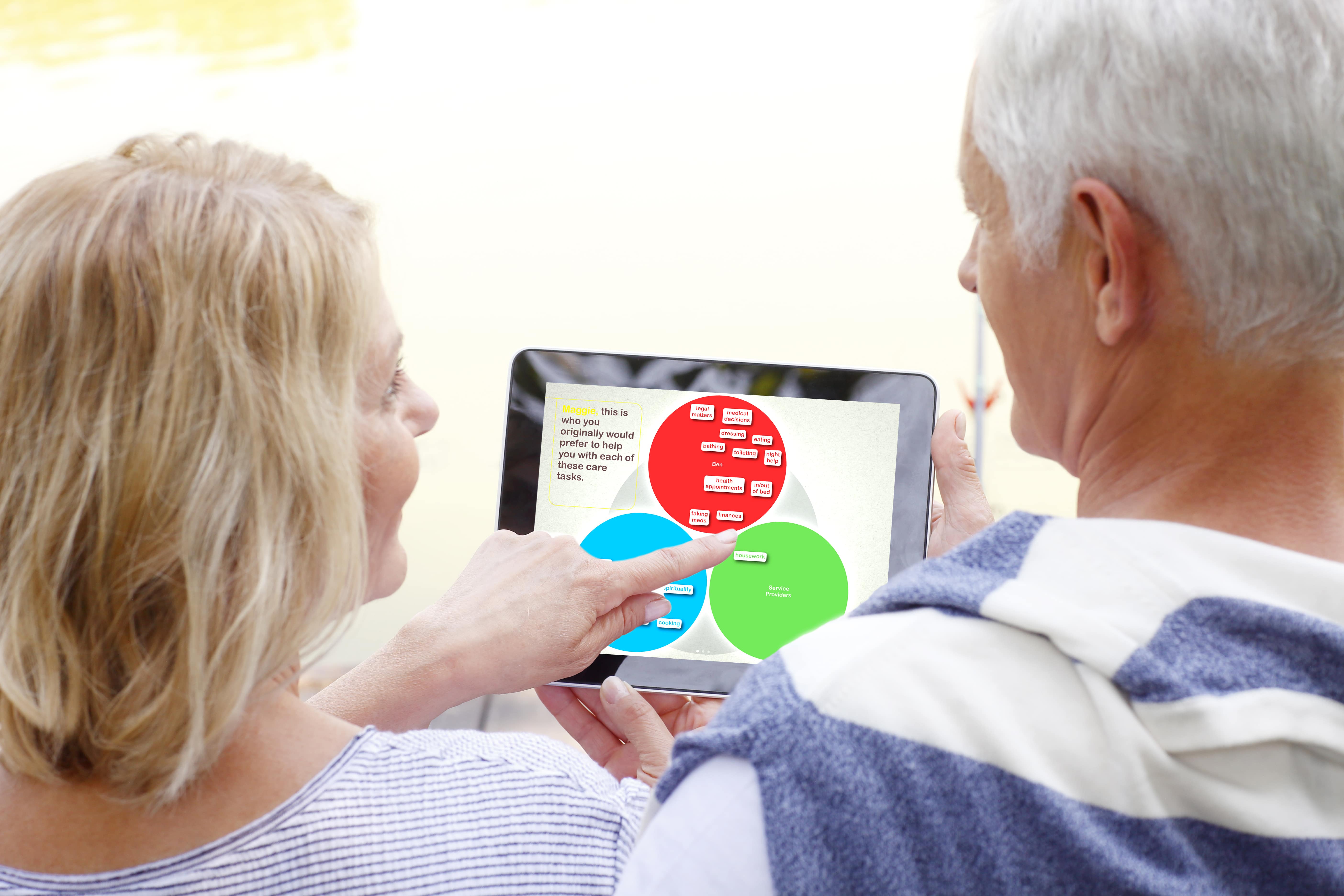Resources
Mobile Resource Library Tabs
Filters
Search
Categories Navigation
Asset Publisher
Content with Topic Dementia .
Resources

Preparing for Your Future After an Early Onset Dementia Diagnosis
A diagnosis of dementia can be devastating no matter your age. However, older adults, especially those over the age of 65, tend to be more aware of the possibility of dementia, and know that their risk statistically increases each year. But for younger adults, being diagnosed with dementia between the ages of 30 and 60 is not only upsetting—it can be outright shocking.
Read MoreBy Julie Hayes | 03/15/2022

Your Loved One Receives a Dementia Diagnosis: Now What?
You’ve worried, wondered, and second-guessed. You may be scared and nervous. Now you find yourself in the doctor’s office with your loved one. Following multiple assessments and a battery of tests, all things point to a diagnosis of dementia. Your emotions race everywhere. At first, you may be shocked or frightened – and maybe even a little relieved to have answers or explanations. Ultimately, even though you admit to having seen signs and symptoms for some time, the official diagnosis can leave you feeling unprepared and confused about what to do next.
Read MoreBy Cathy Franz | 03/15/2022

What to Know About Dementia Screening and Assessment Tools
If you’re a family member, friend or caregiver who suspects a loved one might have dementia, it’s important to know about cognitive screening and assessment tools. Since there is no one biological marker or blood test to pinpoint dementia, cognitive tests help doctors evaluate the state of your loved one’s memory, recall, language recognition and ability to follow instructions. If you plan to bring your loved one to a doctor, a combination of tests may be used to screen your loved one for dementia. And, if you are hesitant to consult a doctor just yet, many of these tests include questions that you can try asking your loved one yourself to help you confirm your suspicions.
Read MoreBy Julie Hayes | 02/15/2022

Annual Caregiving Conference: Engaging Caregivers in Evidence-Based Programs
The conference explores successes and challenges in the dissemination of evidence-based programs to family and friend caregivers. Keynote speaker, Erin Long, MSW, Team Lead, Alzheimer's Disease Programs Initiative of the Administration for Community Living, discusses experiences with engaging caregivers in programs and services, along with marketing strategies. Presentations also highlight experiences of organizations engaging caregivers and delivering evidence-based programs, including strategies to overcome barriers that keep caregivers from enrolling in support programs, and lessons learned through their marketing efforts.
WatchBy David Bass, Rachel Cannon, Erin Long, Branka Primetica, Donna Barrett, Christine Jensen, Ginger Ragans, Lisa Weitzman | 01/24/2022

Evidence-Based Programs: Why They Matter for Dementia Caregivers
Caregivers for loved ones with dementia are familiar with the effort, dedication and time needed to provide quality care. It’s next to impossible to do on one’s own, yet asking for help and finding resources isn’t always easy. Even though it feels at times like there’s a long list of programs, services and caregiver resources out there, it may still feel like there’s nothing that fits your individual needs at the moment you need it. And even if there is, how can you know the program or service is reliable, high-quality or will even work to help you and your loved one in the first place?
Read MoreBy Julie Hayes | 12/15/2021
